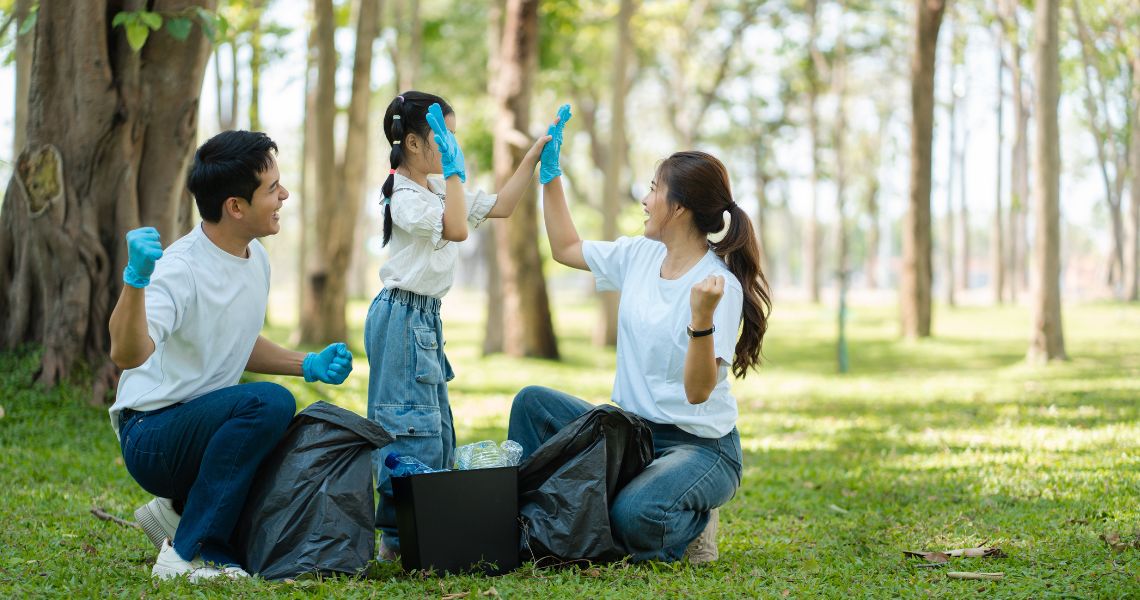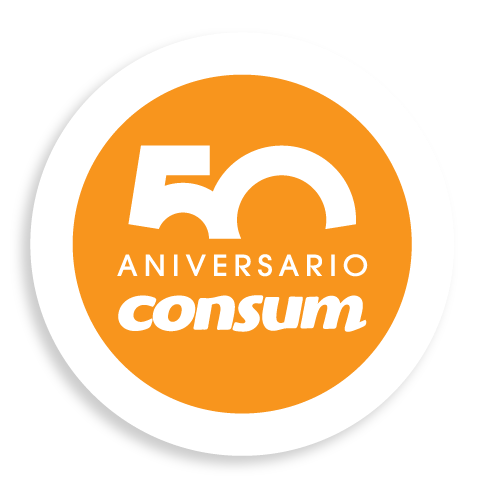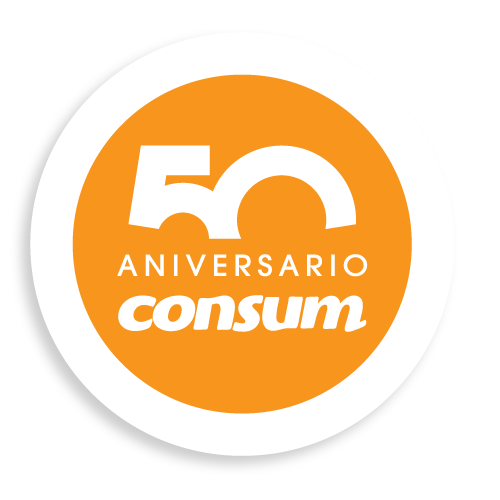How to teach children responsible consumption?
Responsible consumption in early childhood education is key to shaping conscientious citizens from a young age.

Responsible consumption in early childhood education is key to shaping conscientious citizens from a young age.
What is responsible consumption?
Responsible consumption is a way of buying, using and disposing of products with an awareness of the impact these decisions have on the environment, society and the economy. The principles of conscious consumption are based on consuming less, reducing waste and buying local to reduce our environmental footprint. All of this with the aim of building a more sustainable environment.
What about the children?
Children are the present and the future of society, so they have a leading role in responsible consumption. In this scenario, it’s essential to teach them that it’s not only a question of buying sustainably, but of always acting consciously, valuing, caring for and improving the environment they live in.

Key aspects of sustainability education
Adults are the role models for children, therefore, we have to act as role models, being coherent with the values we want to transmit.
In addition, we must carry out everyday activities without formal lessons, both at home and at school.
- Reuse and recycle: organise games and crafts with recycled materials.
- Food consumption: teach not to waste and to appreciate seasonal products.
- Advertising and desire: help to distinguish between need and desire.
- Technology and toys: promote responsible use and the value of sharing.
Sustainable family shopping: tips for teaching children
An everyday act like shopping can become a key family activity to internalise small actions with a big impact on daily routines. How can we introduce this initiative so that children gradually adopt these habits more independently?
We can teach children to observe whether a product comes in recyclable, reusable or biodegradable packaging
Comparing, for example, a plastic bottle versus a glass bottle or a cardboard container versus one with excess plastic will help them to develop judgment from a young age.
Include them in purchasing decisions that involve reducing environmental impact
Should we switch products or formats and opt for bulk instead of packaged goods? It also encourages them to choose refills instead of new packaging. They will learn that small choices can have a big impact.
Show them which products are seasonal and local
Visiting local markets or reading labels in the supermarket can be an educational activity. Explaining why it’s better to consume seasonal fruits and vegetables or products grown close to home connects them with their environment and fosters respect for natural cycles.
What do you think about?
Share comments, opinions and tricks with the Community







